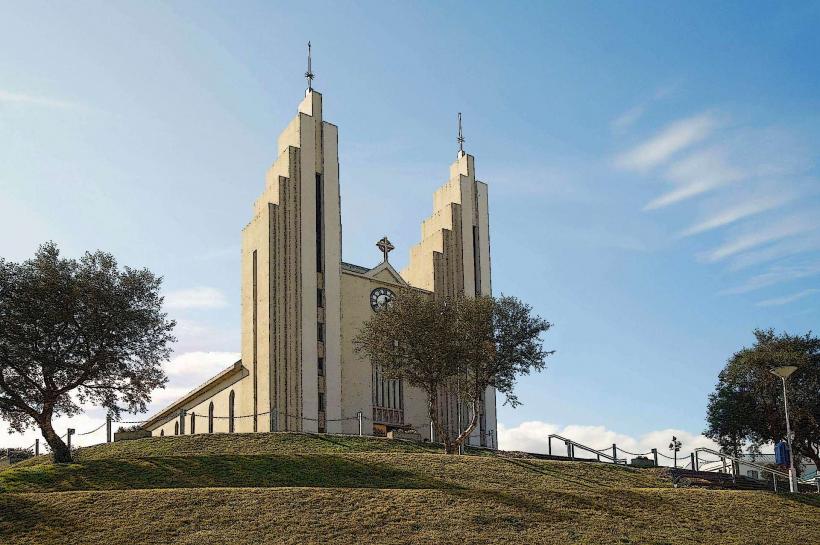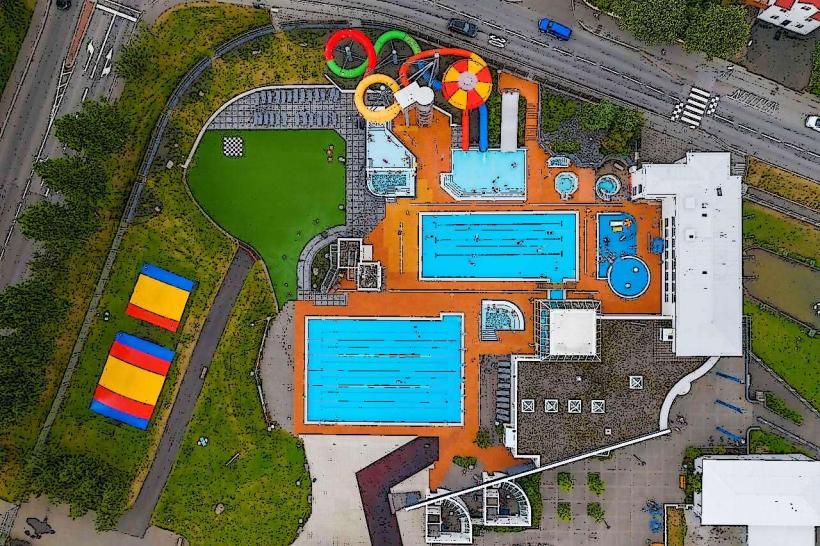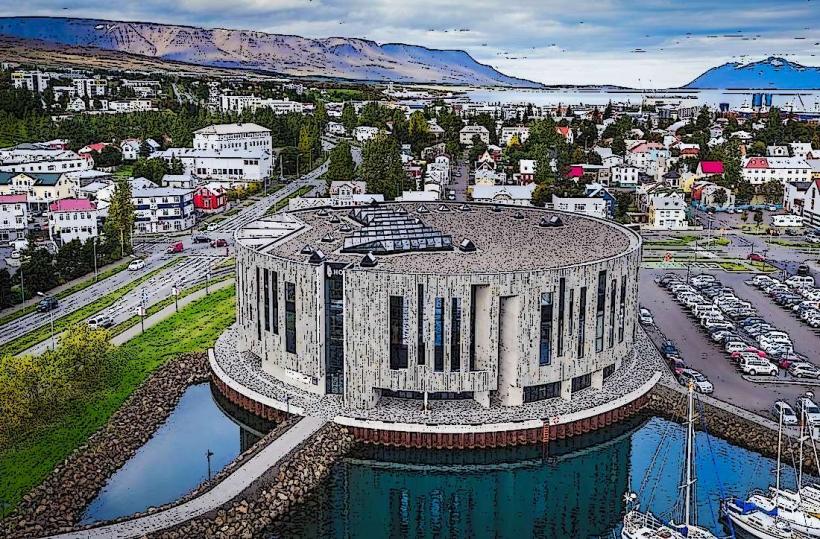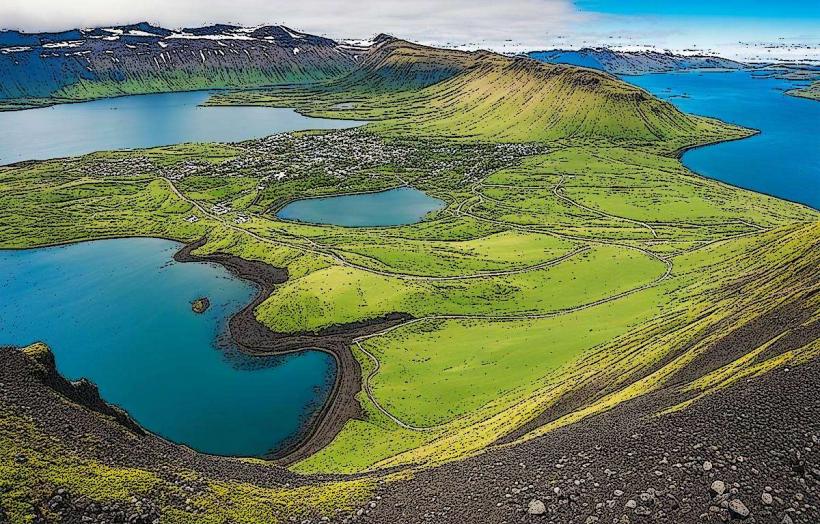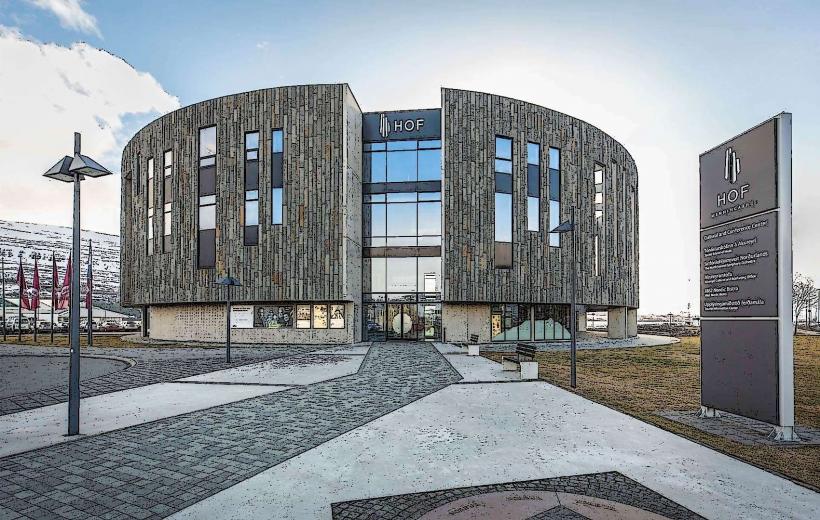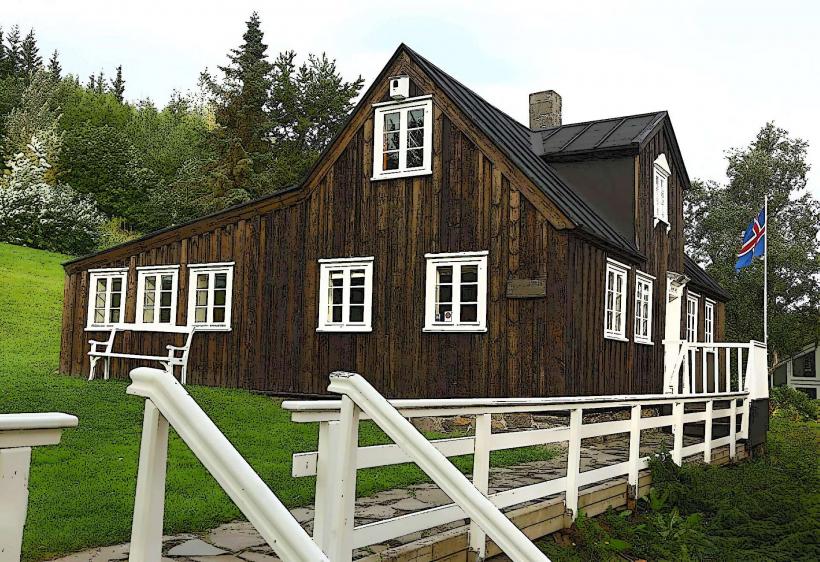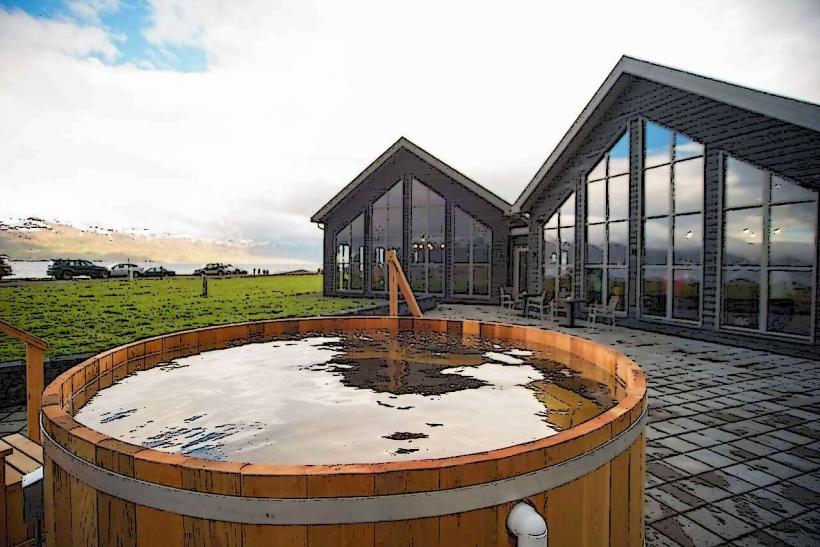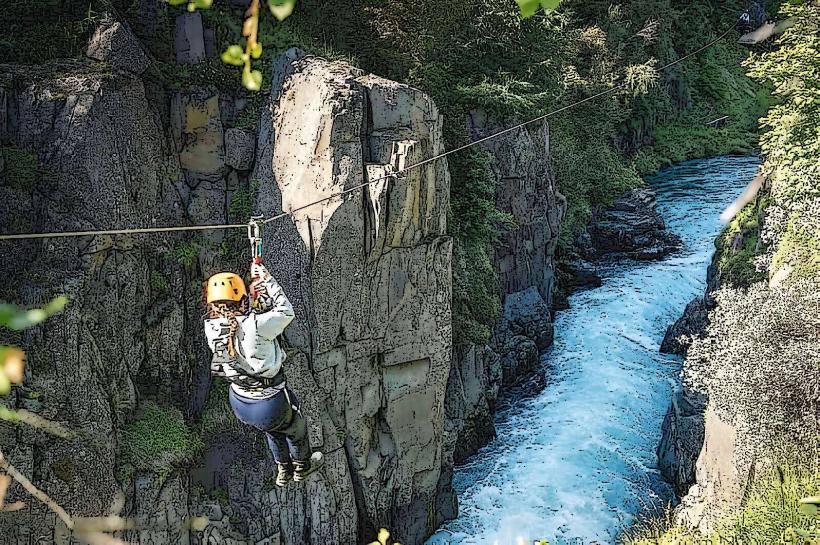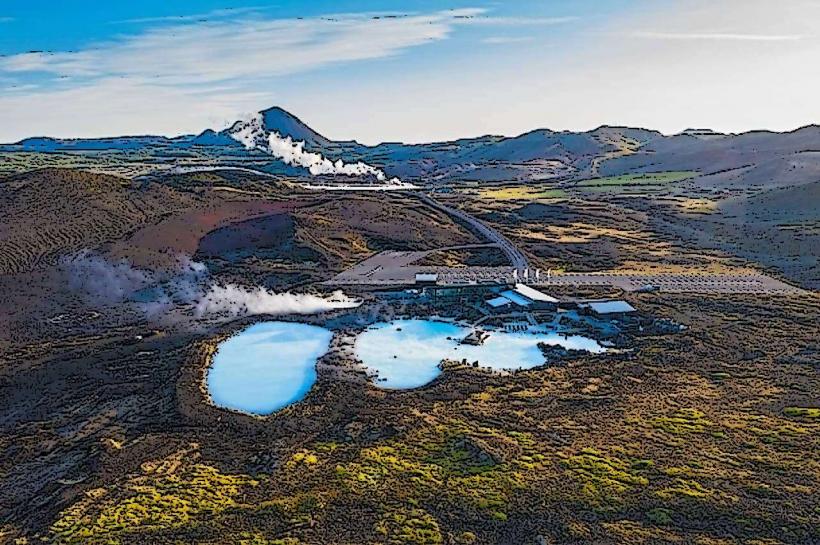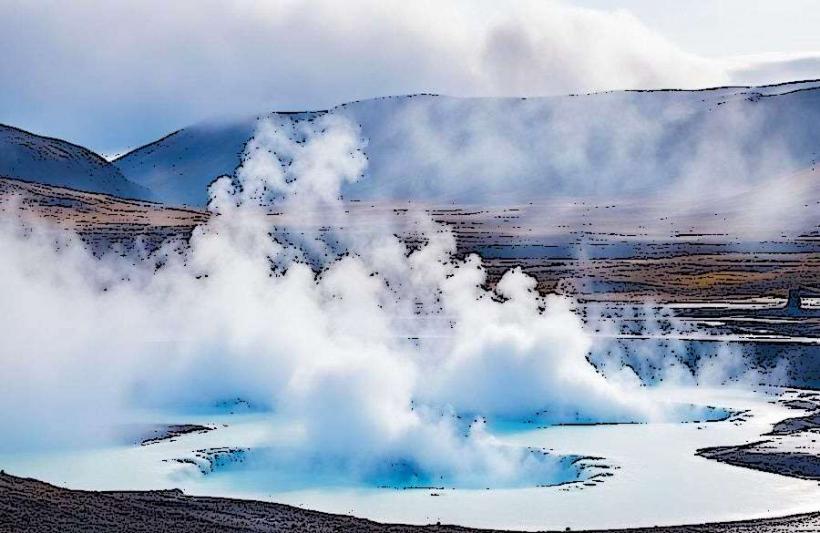Information
Landmark: Thingeyrar Abbey RuinsCity: Akureyri
Country: Iceland
Continent: Europe
The Þingeyrar Abbey Ruins are located near the town of Akureyri, in the North Iceland region, and are an important historical site that reflects Iceland's medieval religious and cultural heritage. The ruins are part of the site of Þingeyrar, one of the earliest and most significant monastic establishments in Iceland.
Key Features of Þingeyrar Abbey Ruins
1. Historical Significance
- Þingeyrar Abbey was founded in the 12th century, and it played a central role in the religious and cultural life of Iceland during the medieval period. It was originally a Benedictine monastery, one of the first in Iceland, established by Norwegian monks.
- The abbey was situated on the banks of the Skjálfandi Bay, near the river Jökulsá á Fjöllum, which provided it with natural resources and access to trade routes.
- The site was important for religious, scholarly, and cultural activities, and it housed monks, nuns, and church officials who contributed to the spread of Christianity and education in Iceland.
2. Monastic Life and Cultural Influence
- As a Benedictine abbey, the monks at Þingeyrar were dedicated to religious study, prayer, and manual labor, in accordance with their religious order’s rules.
- The abbey is also significant for its role in Icelandic literacy and education. It became a center for scripture translation, manuscript production, and other intellectual pursuits during the medieval period. It is believed that monks here helped preserve and transmit Icelandic sagas and other literary works.
- The monks were also involved in the agricultural development of the region and helped improve the local economy through farming and trade.
3. Decline and Ruins
- The abbey began to decline in the late 16th century, as religious reforms in Iceland (such as the Reformation in the 16th century) led to the closure of many monasteries.
- By the early 17th century, the Þingeyrar Abbey was abandoned. Over the centuries, its buildings fell into disrepair, and today, only the ruins remain.
- Despite the lack of complete structures, the ruins still hold historical importance and have been partially preserved to provide visitors with a glimpse of the abbey's once grand scale and significance.
4. Archaeological Excavations
- Archaeological excavations at the site have uncovered several structures and artifacts related to monastic life, such as remnants of church buildings, living quarters, and workshops. The ruins include traces of the original church, cloister, and monastic garden, offering insight into the layout and function of the abbey.
- The discovery of manuscripts, coins, and other artifacts has further deepened our understanding of medieval Icelandic culture and the role of monasteries in the dissemination of Christianity and education.
5. Architecture and Layout of the Ruins
- The ruins of Þingeyrar Abbey feature remnants of several stone buildings, including parts of a church, cloisters, and a few other structures. Some of these ruins are still partially standing, allowing visitors to imagine the grandeur of the abbey when it was in its prime.
- The abbey’s church was one of the most important buildings in the complex, used for religious services and ceremonies. The remains of the cloister—the area where monks lived and worked—can still be seen, providing a sense of how the monastic community lived their daily lives.
- The monastic gardens and surrounding landscapes have also been preserved, giving visitors an opportunity to see how the monks utilized the land for growing crops, herbs, and other plants.
6. Visiting the Site
- The Þingeyrar Abbey Ruins are a popular destination for visitors interested in Iceland’s medieval history and religious heritage. The site is open to the public and can be explored on foot. Information boards and markers provide context for the ruins, explaining the history and significance of the abbey.
- The surrounding area offers a scenic backdrop of Icelandic nature, making it a peaceful place for reflection and exploration. It is a short distance from Akureyri and can be easily accessed by car or guided tours.
- The Þingeyrar Church is still an active place of worship, located near the ruins, and it adds to the cultural importance of the area.
7. Modern-Day Significance
- The ruins of Þingeyrar Abbey are a reminder of the Christianization of Iceland and its medieval history. The site serves as a link to Iceland’s cultural and religious past, providing insights into the country’s early monastic traditions and the influence of European religious practices on the island.
- Today, the site is part of Iceland's cultural heritage and attracts both tourists and scholars interested in Icelandic history, medieval Christianity, and monastic life.
Conclusion
The Þingeyrar Abbey Ruins are a fascinating historical site that offers a glimpse into Iceland’s medieval religious and cultural life. As one of the earliest monastic establishments in Iceland, the abbey played a significant role in the country’s Christianization, education, and literary tradition. Though only ruins remain today, they still hold great significance and are a must-visit for those interested in Iceland’s rich medieval heritage.

